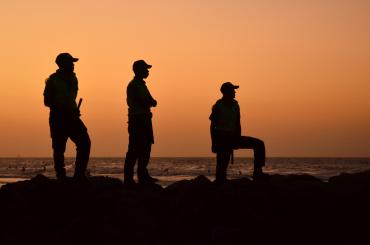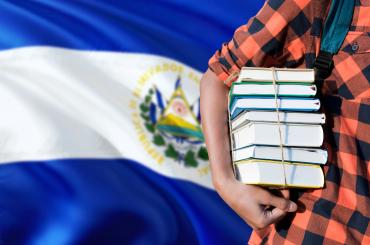
violence
-

How conflict shaped social cohesion in Colombia
Conflict in Colombia, fueled by coca production, negatively impacted social cohesion, particularly in areas where militias dressed as civilians and where violence was intense
-

Combatting school-based violence and nurturing hope in El Salvador
An innovative after-school programme provides vulnerable youth in El Salvador pathways to success and resilience
-

Can local ownership solve the resource curse in weak states? Evidence from Nigerian oil
Oil multinationals in Nigeria divesting their onshore assets to local firms resulted in substantial improvements in output and declines in oil theft and violence, driven by politically connected firms
-

Law and order? The effect of a policy to re-establish control of Rio de Janeiro’s favelas
A policy to pacify Rio de Janeiro’s favelas reduced murder and robbery, yet many other forms of crime increased
-

Alternative dispute resolution in Liberia
Alternative dispute resolution reduced the number of prolonged and unresolved disputes, and meant that disputes were less likely to turn violent
-

The effects of crime on the labour market: Evidence from Mexico
Rising violence in Mexico City led workers, especially women, to reduce hours and leave the labour force
-

Lasting effects of colonial-era resource exploitation in Congo: Concessions, violence, and indirect rule
Concessions granted to private companies to extract natural resources still have negative effects on present-day development in the DRC
-

Ethnic stratification: A new measure to predict social conflict
A new index of ethnic stratification reveals that ethnic differences matter for conflict if, and only if, they coincide with economic differences
-

Resources and conflict: The role of law enforcement and group competition
The effect of illegal ‘resources’ on conflict depends on the country context, group competition, and the government’s capacity to enforce laws